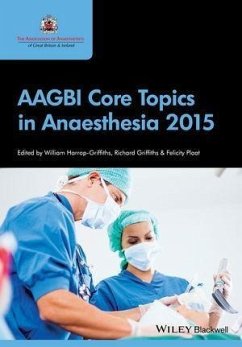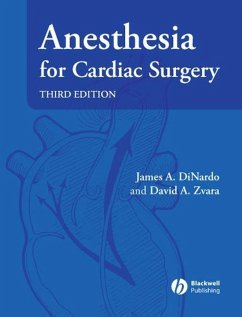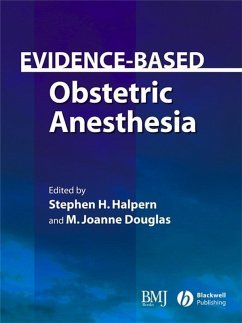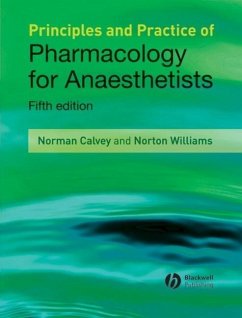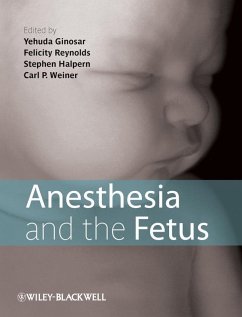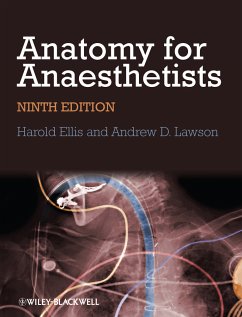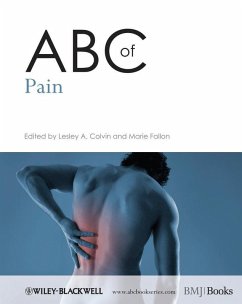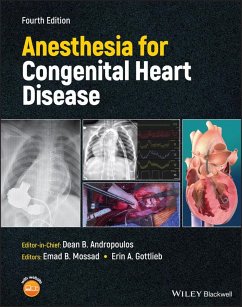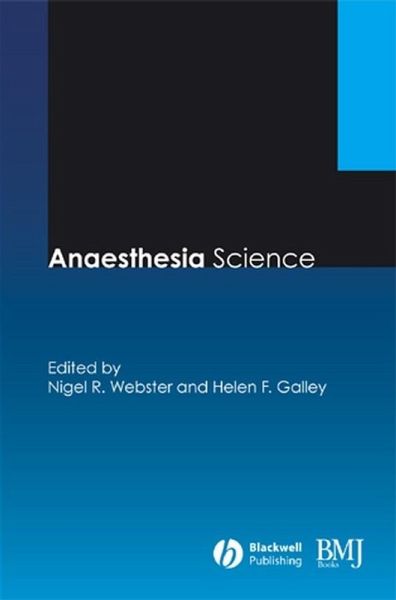
Anaesthesia Science (eBook, PDF)
Versandkostenfrei!
Sofort per Download lieferbar
143,99 €
inkl. MwSt.
Weitere Ausgaben:

PAYBACK Punkte
0 °P sammeln!
Anaesthesia Science presents the scientific foundations upon which the clinical practice of anaesthesia and care of the critically ill are based. Written on the basis that basic science underlies the practice of anaesthesia Contributors include some of the world's most eminent anaesthesiologists Provides coverage on less well appreciated aspects of the subject, such as the microcirculation, multi-organ failure, and the theory of pain Thoroughly integrates the clinical practice of anaesthesia with basic sciences, providing all the information needed in one convenient source Based on the Fellow...
Anaesthesia Science presents the scientific foundations upon which the clinical practice of anaesthesia and care of the critically ill are based.
- Written on the basis that basic science underlies the practice of anaesthesia
- Contributors include some of the world's most eminent anaesthesiologists
- Provides coverage on less well appreciated aspects of the subject, such as the microcirculation, multi-organ failure, and the theory of pain
- Thoroughly integrates the clinical practice of anaesthesia with basic sciences, providing all the information needed in one convenient source
- Based on the Fellowship of the Royal College of Anaesthetists (FRCA) syllabus and aimed at trainee anaesthetists preparing for the FRCA, the European Diploma of Anaesthesiology and other equivalent examinations.
Dieser Download kann aus rechtlichen Gründen nur mit Rechnungsadresse in D ausgeliefert werden.




